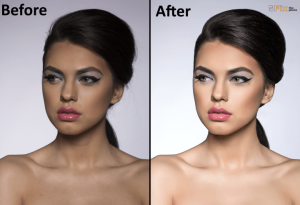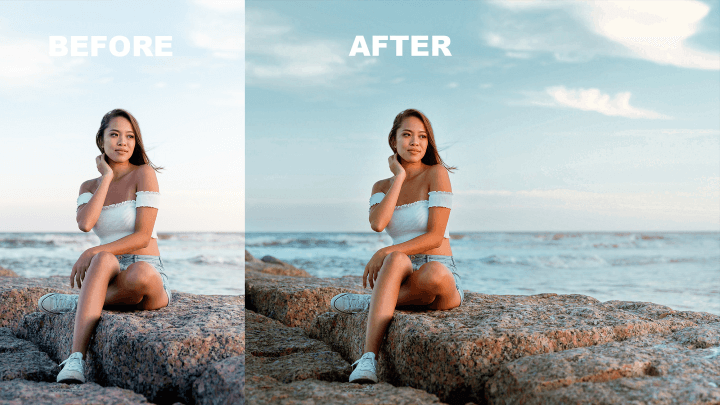 This strange world we live in has created a new everyday problem for us all. From thousands of new memes a day to countless images of fake news passed around social media, photo editing has reached such capabilities that it can often be difficult to tell when an image has been doctored. And it’s not just those looking for a cheap laugh on the internet, either, but professionals working for magazines and newspapers. It doesn’t feel right, does it?
This strange world we live in has created a new everyday problem for us all. From thousands of new memes a day to countless images of fake news passed around social media, photo editing has reached such capabilities that it can often be difficult to tell when an image has been doctored. And it’s not just those looking for a cheap laugh on the internet, either, but professionals working for magazines and newspapers. It doesn’t feel right, does it?
When Is Editing Photos Unethical?
The question here isn’t one of legality; there aren’t exactly any strict legal ramifications for editing a photo and sharing it with the world, despite how much of a gray area that is. But is it morally acceptable to edit a photo of someone? That depends on the circumstance. There are countless examples of newspapers and magazines altering an image in some way, sometimes for a positive cause and other times for more tricky or even salacious reasons.
There’s plenty of debate surrounding the heavy ‘photoshopping’ that most media outlets – particularly fashion and health magazines – take part in, especially on the front covers of magazines. Some claim it creates an unhealthy obsession with looking perfect, others say that no one – even an actress or model – wants a sub-par photo of them distributed to hundreds and thousands of people worldwide.

Luckily more and more media outlets are becoming more strict about the use of photo editing. Media guidelines in some of the Scandinavian countries, for example, insist that image manipulation is acceptable so long as it does not present a “misleading” message.
And in 2007 Reuters created a number of restrictions for its photographers, allowing for only simple image editing rather than retouching that meant the use of cloning or healing tools, airbrushes and even excessive use of sharpening or lighting alterations were outright banned.
So Should You Edit Your Photos?
Luckily the question of ethics doesn’t really affect the average photographer. Everyone tweaks their pictures before they’re uploaded to Instagram or Facebook, after all, everyone accepts that you most certainly want to look your very best online.
It’s when it comes to editing photos of other people that it begins to become more of an issue. The ethical thing to do when editing a photograph is to ask yourself two questions: what is the image being used for, and why are you’re considering editing the image in the first place?

If you’re simply sharing your photos online, then so long as your edits don’t place the photo’s subjects in a negative light then most people won’t have an issue with it. If the edits might make something look funny or untrue – perhaps at the expense of someone you know – then the best thing to do would be to first ask for permission from anyone that might be affected, or at least check with them before it’s posted online.
If the images are to go into a photo book as a gift (and therefore you obviously won’t want to spoil the surprise by asking for permission) then it’s best to use your judgment. Firstly, try not to overuse any retouching tools since this can often look very fake and even make the subject look worse. Secondly, try to edit only what needs editing: red-eye, for example, can be eliminated, but cloning away a mole or birthmark from someone’s face might make them feel self-conscious. Use smart consideration, you know the person in the picture, after all.
Ultimately, if you think a change might be negatively received, don’t make the edit.
Best Photo Editing Software of 2024
| Rank | Company | Info | Visit |
|
1
|
 |
|
|
|
2
|
 |
|
|
|
3
|
 |
|
More FAQs
- Why Is Photoshop so Expensive?
- What’s The Difference Between Photo Editing and Retouching?
- What Is Online Photo Editing?
- Should I Edit My Photos?
- Is Photo Editing Cheating and Ethically OK?
Get the Best Deals on Photo Editing
Our monthly newsletter delivers the latest photo editing deals, trends and reviews directly into your inbox.